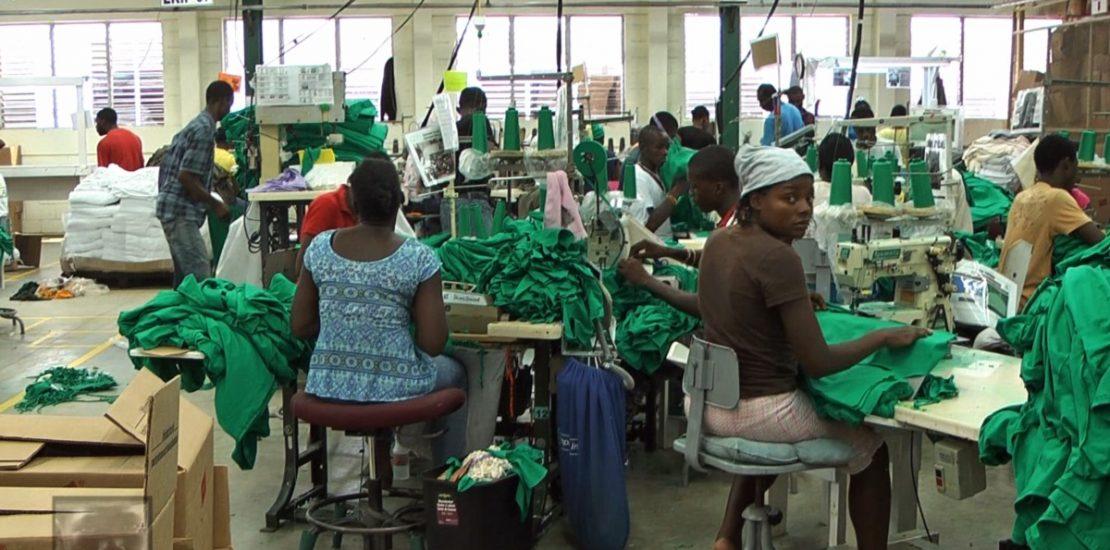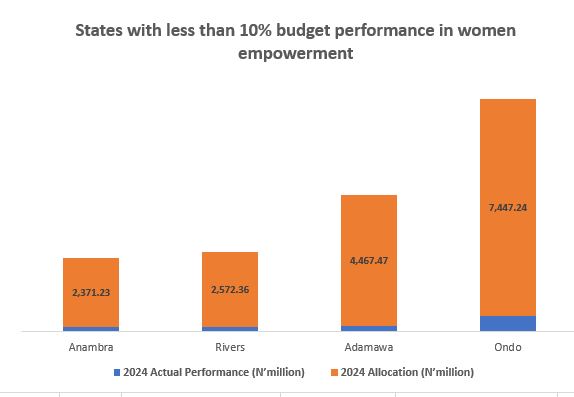Several pending applications by Small and Medium Enterprises (SMEs) to access various government interventions have raised concerns by sector analysts who now want the Federal Government to urgently reassess the delivery mechanisms of its various interventions geared towards saving jobs and supporting businesses.
The Federal Government has rolled out several initiatives and interventions on the back of the negative impact of the coronavirus (COVID-19) pandemic to support SMEs and save jobs. But the real challenge, many say, has been the cumbersome delivery mechanisms that are apparently defeating the purpose.
“Government needs to reform the delivery process of such interventions. Most concerned agencies appear overwhelmed by thousands of applications, which make delivery poor, and have kept lots of business under huge economic distress,” Celestine Okeke, an associate consultant to British Department for International Development and Lead Partner Small and Medium Enterprise Advocacy Initiative, tells BusinessDay.
Okeke notes, “For instance, Central Bank of Nigeria (CBN) launched the N50 billion Covid response fund, but there are thousands of applications that have been pending from that time till date. Most of the persons have not even got a communication on whether they are approving or not.”
The ideas are laudable, he says, but queries the mechanisms used to deliver them and how effective they are, saying, “For a business that Covid has affected in March, you launched an intervention since March and in July, the person has not got response. What does the process tell you? If the mechanism and process of delivery of these interventions are not virile enough, it could make a mess of the intervention.”
He states further that the CBN loan through the Nigeria Incentive-Based Risk Sharing System Lending (NIRSAL) was doing pretty well before the Covid started, but has slowed down on the impact since the Covid pandemic, owing largely to pending applications sitting on its desk.
“They need to ensure list of financial and non-financial interventions. With the huge applications streaming in on their portal, it would be better they work with a third party to help them in short term with regard to listing, interviewing and recommending applicants to ease burden on them,” he advises.
He also observes that lack of proper institutional and sectoral reforms could weaken the much expected impact of the government’s Economic Sustainability Plan, with which it plans to reset the recession prone economy.
“We don’t have a singular approach that addresses our institutional and economic problems. We don’t have a sectoral approach to our economic diversification. We need a long-term approach, for instance, in agricultural sector, itemising key problems that we want to solve, and steps to be deployed as well as time lines,” he says.
Chijioke Ekechukwu, a former director-general of Abuja Chamber of Commerce and Industry, informs BusinessDay that the government should also pay attention to cost of NAFDAC registrations and other things that will make owning companies difficult at this point to rescue businesses and sustain the economy.
He notes that the government should also ensure that lots of SMEs get support on the stimulus, since the economy is largely informal, and majority of Nigerians employed in that category.
Sam Amadi, a former chairman, Nigerian Electricity Regulatory Commission (NERC) and a senior lecturer at Baze University in Abuja, says the basic policy framework of the Economic Sustainability Plan is sound, observing however that the problem actually lies with its sustainability.
Amadi also notes that the plan must be clear on reduction of cost of governance and flamboyant spending, noting, “There must be clarity on reduction of costs of governance starting from right sizing the bureaucracy and budget of Villa.”
He posits that the focus on ‘buy Nigeria’ will help to increase Gross National Product (GNP) and reduce the balance of payment crisis, which can compound the deathly fiscal crisis of the economy.
“So, on the whole the general thematic focus is good. Although one can argue that Nigeria needs more than the amount of financial stimulus the plan has made available, but under the present challenging revenue crisis and the worsening debt overhang, may be N2.3 trillion is a fair support to business and household recovery,” he notes.
“Clarity includes dealing with the relationship between federal and state in terms of policy management. In terms of coherence we need to have alignment between the plan and the procurement policy of government. There are six main ways a government influences the economy. These include public procurement, exercise of legislative and executive power, market regulation, financial supervision, market refereeing and international relations,” he states.
The government has to consider whether the plan sits well with the Economic Growth and Recovery Program (EGRP) and how we can implement the plan effectively, he points out.
“The most important factors for the success of the plan are clarity, coherence and consistency. We need clarity as to the policy objectives of the plan. Yes, it is to mitigate the impacts of COVID-19 and ensure easy recovery. But the plan needs to articulate clearly how it has to deal with some critical problems of political economy, especially rent-seeking and corruption,” he notes.











